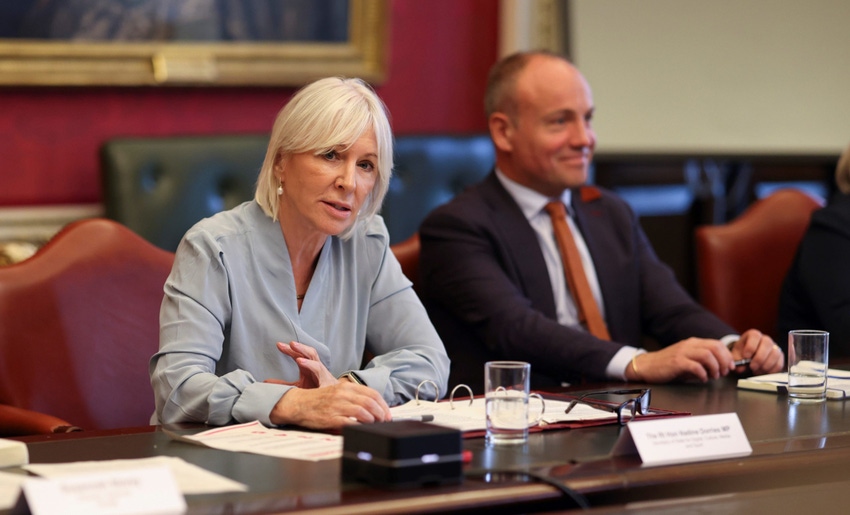Customers in the UK who are struggling to pay their broadband and mobile bills are to get help under a new deal agreed between the government and operators.
June 28, 2022

Customers in the UK who are struggling to pay their broadband and mobile bills are to get help under a new deal agreed between the government and operators.
The Department for Digital, Culture, Media and Sport (DCMS) this week met with the leaders of BT, Openreach, Virgin Media O2, Vodafone, Three, TalkTalk, and Sky, among others, to discuss a range of measures to keep people connected amid the cost of living crisis.
The most significant commitment is that telcos have agreed to let vulnerable customers switch to cheaper tariffs without charge or penalty, or adjust their plans to make payments more manageable. Mobile operators in particular have agreed to review some of their price plans – including existing low-cost tariffs – to see if they can be made more affordable. They have also agreed to increase promotional activities around existing special offers. Furthermore, CSPs have also agreed to take steps to raise awareness of low-cost products to customers who are on Universal Credit.
The package of measures takes effect immediately, and arrives a couple of months after Digital Secretary Nadine Dorries wrote to operators asking them to improve awareness of social tariffs, which offer low income households access to cheaper broadband.
“The telecoms sector knows that people are facing real challenges with the cost-of-living crisis. Our members are determined to do what they can to help their customers through this period and, together with government, we will work to raise greater awareness of the support available,” said Andrew Glover, chair of the Internet Service Providers’ Association (ISPA), in a statement on Tuesday.
According to the most recent figures from the UK Office for National Statistics (ONS), the consumer price index including housing costs (CPIH) has gone up by 7.9 percent in the 12 months to May, driven by rising energy and transport prices. The consumer price index (CPI), which doesn’t include household bills, is up 9.1 percent over the same period, the highest rate in 40 years.
Income is not keeping up with these price rises. Adjusted for inflation and excluding bonuses, wages in April were down 2.2 percent compared to a year ago.
When it comes to the telecoms industry, earlier this month price comparison site Uswitch gave a rundown of which providers have already hiked their prices. Earlier this year, when CPI stood at 5.4 percent, BT and its sub-brands EE and Plusnet, as well as Vodafone and KCOM, were among those that increased the cost of fixed broadband by 3.9 percent above inflation. TalkTalk upped its prices by 3.7 percent above inflation. Similar price rises were applied to mobile services by EE, O2, Virgin Mobile and Vodafone, among others.
With that in mind, this week’s commitments by telcos to help struggling households might ring a little hollow. Earlier this month, a nationwide survey by London-based fibre builder Community Fibre concluded that 17 percent of UK adults regularly struggle to keep up with their broadband payments, while 29 percent said they have no choice but to reduce their data consumption to save money.
Nonetheless, agreeing to lend a hand is at least a step in the right direction, albeit a fairly small one.
“Families across the country face increased anxiety about keeping up with bills, so today I agreed with broadband and mobile industry bosses what more can be done to support people during this difficult time,” said Digital Secretary Dorries (pictured) on Monday.
“I’m pleased to report the industry is listening and has signed up to new commitments offering customers struggling with the cost of living help to stay connected. Those who need support should contact their supplier to see what is available,” she said.
Get the latest news straight to your inbox. Register for the Telecoms.com newsletter here.
About the Author(s)
You May Also Like







.png?width=300&auto=webp&quality=80&disable=upscale)

.png?width=300&auto=webp&quality=80&disable=upscale)
_1.jpg?width=300&auto=webp&quality=80&disable=upscale)



.png?width=800&auto=webp&quality=80&disable=upscale)